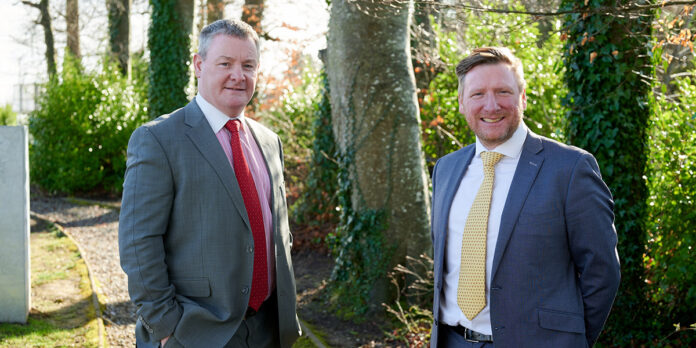Your 30s are a pivotal decade for financial planning, as you likely experience significant life changes such as advancing in your career, getting married, having children, or purchasing a home. As a friend once put it, “In your 30s, you’re just running.” You’re likely married, have small children, and your career is starting to take off — everything’s launching and/or accelerating at once. And with these new responsibilities come new personal finance goals.
As you read the suggested personal finance goals for your 30s, keep in mind that everyone is in a different place, so naturally everyone is going to have different objectives. But if you’re feeling confused and overwhelmed about money, it’s sometimes helpful to see suggestions for milestones to hit at certain points in your life. You can then take those broad suggestions and refine them so they fit your personal circumstances.
1. Eliminate High-Interest Debt
High-interest debt, such as credit card balances and short-term loans, can drain your finances. Focus on paying off these debts first to free up cash flow for savings and investments.
2. Build an Emergency Fund
An emergency fund provides a financial cushion for unexpected expenses like medical emergencies or job loss. Aim to save three to six months’ worth of living expenses in a low-risk, easily accessible account. Hopefully by now you’ve started an emergency fund. In your 20s, the goal was to get at least €1,000 in your savings account before you started paying off your debt. This provided a small cushion to prevent your financial life from derailing in the face of unforeseen expenses. In your 30s, you likely have more on the line than you did in your 20s — like a partner and kids to take care of and a mortgage. While having €1,000 in savings will certainly help, you’ll want even more security than that in the event you lose your job due to a layoff or injury. To that end, make it a goal to save at least six months of income in your emergency fund while in your 30s. Why six months? Studies have shown that after you lose a job, it takes around that amount of time to get a new one. Having six months’ worth of income in your savings account will ensure that you can continue to support your family while you’re hitting the pavement looking for a job. And besides protecting you from negative events, having six months of cash in the bank gives you a bit of freedom to take some risks. Maybe you finally want to start that business you’ve been dreaming about or perhaps an opportunity comes up to travel for three months.
Your emergency fund can help you take advantage of those opportunities.
3. Home Ownership
In Ireland, mortgage repayments are often lower than rental costs. Start saving for a deposit and work on building a good credit history to improve your chances of securing a mortgage. The government offers schemes to help first-time buyers, such as tax relief on savings plans for deposits. Take to a mortgage broker to help you start this journey.
4. Retirement Planning
Starting a pension in your 30s leverages the power of compounding, allowing your investments to grow over time. Take advantage of tax relief on pension contributions, which can be up to 40% in Ireland. Consider contributing to employer-sponsored retirement plans and personal pension accounts. If you change jobs make sure and retain details of your ‘old’ pension. If you have multiple pensions with multiple old employers talk to a financial advisor about possible merging these pension pots.
As you pay off more of your debt, start shifting some of the money that’s no longer going to loans to your retirement account. Most personal finance experts agree that in your 30s you should be saving at least 15% of your income for retirement.
5. Insurance
When you’re in your 30s, you’re starting to build up a financial foundation that permits you to give your family comfort and security. But what would happen if you died tomorrow? Would your family still be able to live comfortably or would they be scrambling to figure out how to make ends meet because you’re no longer around to provide for them? As your responsibilities grow, so does the need for adequate insurance. Ensure you have sufficient coverage for life, health, and income protection to safeguard your family’s financial future.
6. Budgeting and Expense Tracking
Creating and sticking to a budget is fundamental. Use budgeting apps like Mint or YNAB (You Need A Budget) to track your spending and ensure you’re living within your means.
7. Investing
Diversify your investments to grow your wealth. Consider a mix of stocks, bonds, and real estate. If you’re new to investing, get educated. Read up and get advice.
By focusing on these key areas, you can set yourself up for long-term financial stability and achieve your financial goals. Remember, the earlier you start planning, the better off you’ll be in the long run.
If you’d like help with any financial planning contact Carey Corbett Financial Solutions today for an appointment on 065-6893540.



